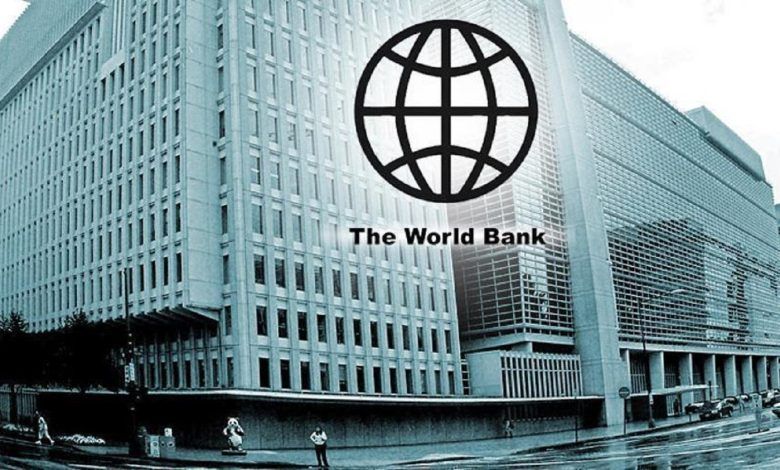
The Rural Access and Mobility Project (RAMP), a World Bank-funded initiative has announced plans to construct 534 kilometers of rural roads across Benue State.
The project, aimed at facilitating the transportation of agricultural produce, will also include the construction of warehouses to enhance agricultural storage and productivity.
State Project Coordinator (SPC) of RAMP, Stephen Numbeve disclosed this development in an interview with the Newsmen on Wednesday in Makurdi.
According to Numbeve, “We prioritised the development of engineering road designs for the 534 kilometers of roads we intend to construct. Surveys, geophysical studies, and final designs have been completed. With all these in place, we are ready to move forward once the funds are available.”
He highlighted that the roads would link farms to markets, easing the transport of agricultural produce.
In addition, he said the warehouses would be built across the state to allow farmers store both fresh and dry produce securely.
“These roads will connect farms to markets, enabling farmers to transport their produce with ease. Beyond roads, we plan to build warehouses where farmers can store fresh or dry produce securely. This infrastructure will significantly boost agricultural productivity and market access,” Numbeve stated.
He added that the planned roads will cover all local governments in the state but will not follow a specific allocation or sequence. Numbeve clarified that the roads fall under the trunk C and D categories, designed primarily to enhance access for farmers.
“These are not trunk A or trunk B roads, which are federal and state roads, respectively. Instead, they are trunk C or D roads designed to create access for farmers to reach markets,” he explained.
The SPC attributed delays in the project to nonpayment of counterpart funds by the previous administration in the state.
“Other states had paid their dues and moved ahead, but since the new administration came on board, we have done the needful. We are now at the stage of accessing funds from the World Bank and the European Investment Bank,” Numbeve said.
He added that while no funds have been accessed yet, significant progress has been made.
“Access to funds is a challenge, but it’s important to understand that international funding involves statutory requirements. These funds are not government resources, so certain prerequisites must be met. For example, counterpart funding is mandatory. If it isn’t paid, the funds cannot be accessed,” he noted.
Numbeve also revealed that inadequate office accommodation had initially hampered the project, as the previous administrative setup did not meet the standards required by the International Technological Association.
“They required an exclusive office space to avoid undue political influence,” he said, adding that the issue has since been resolved.





